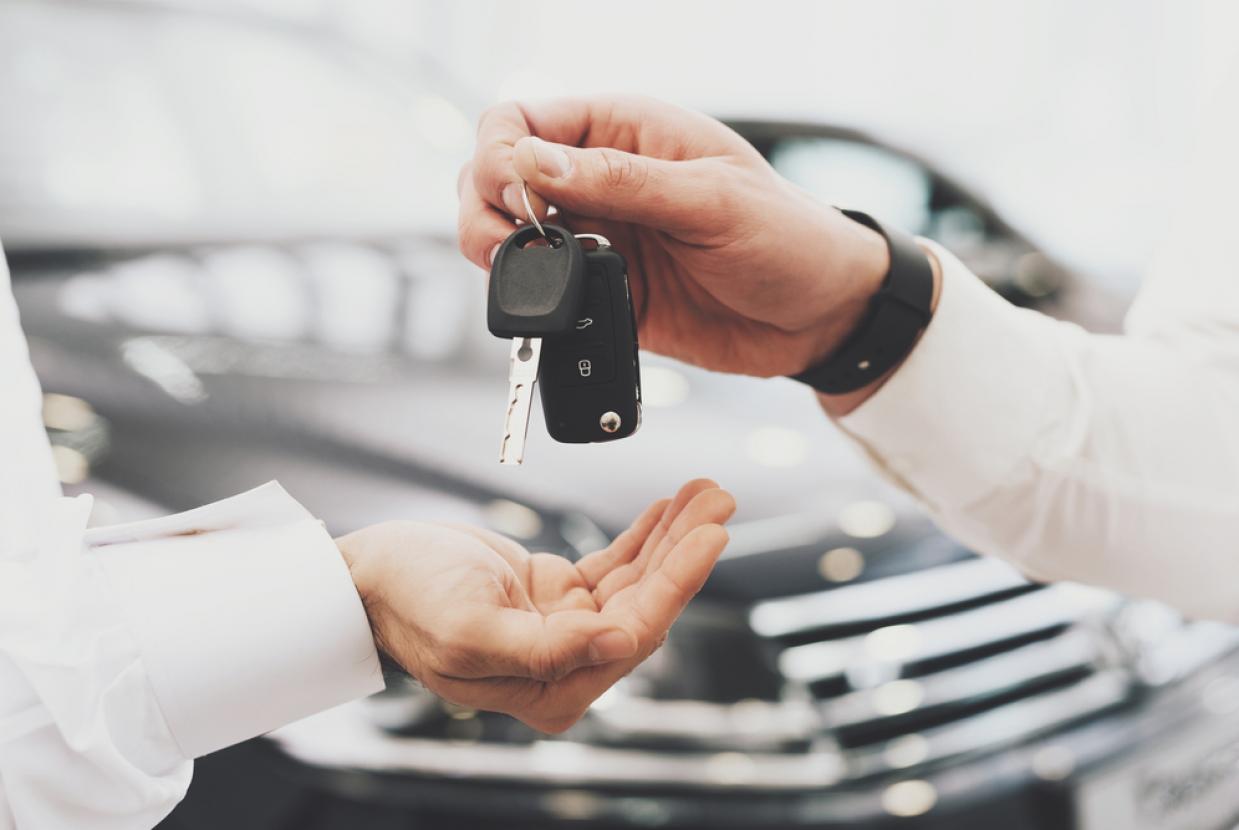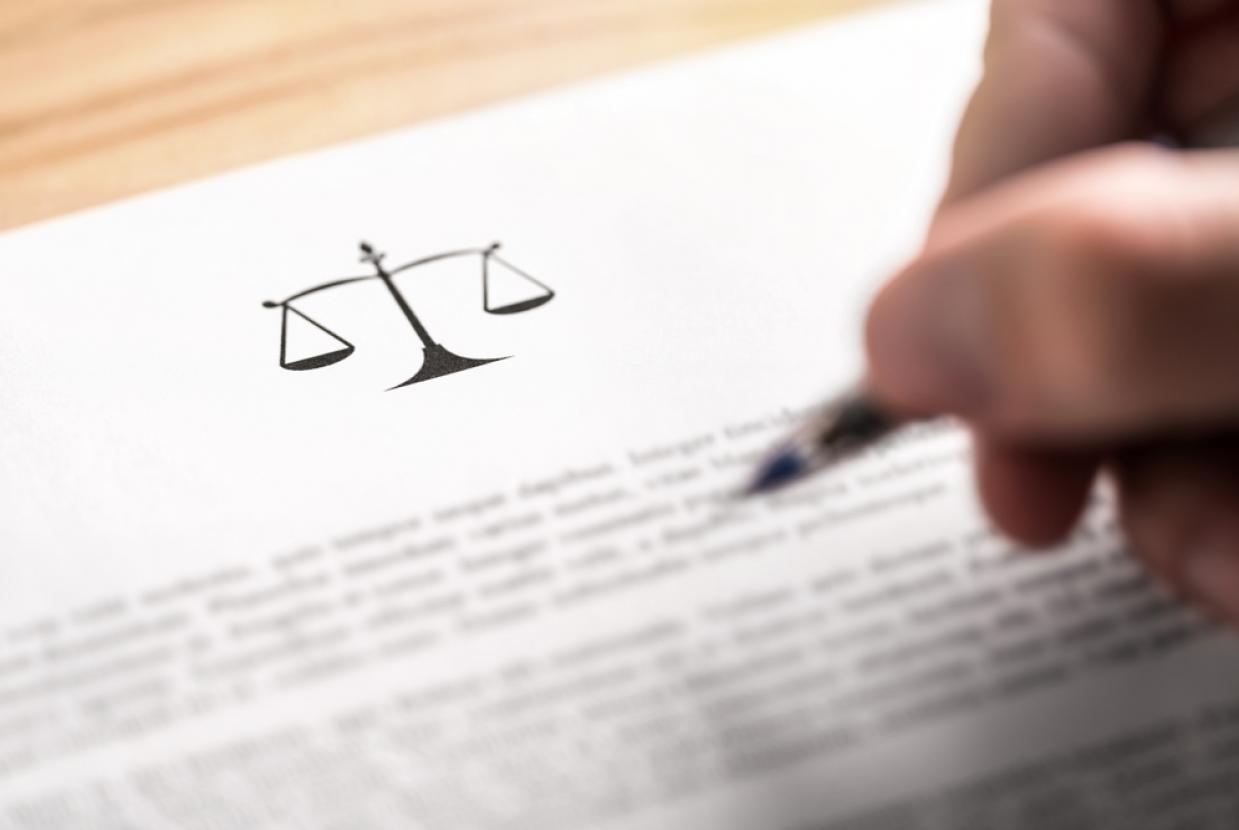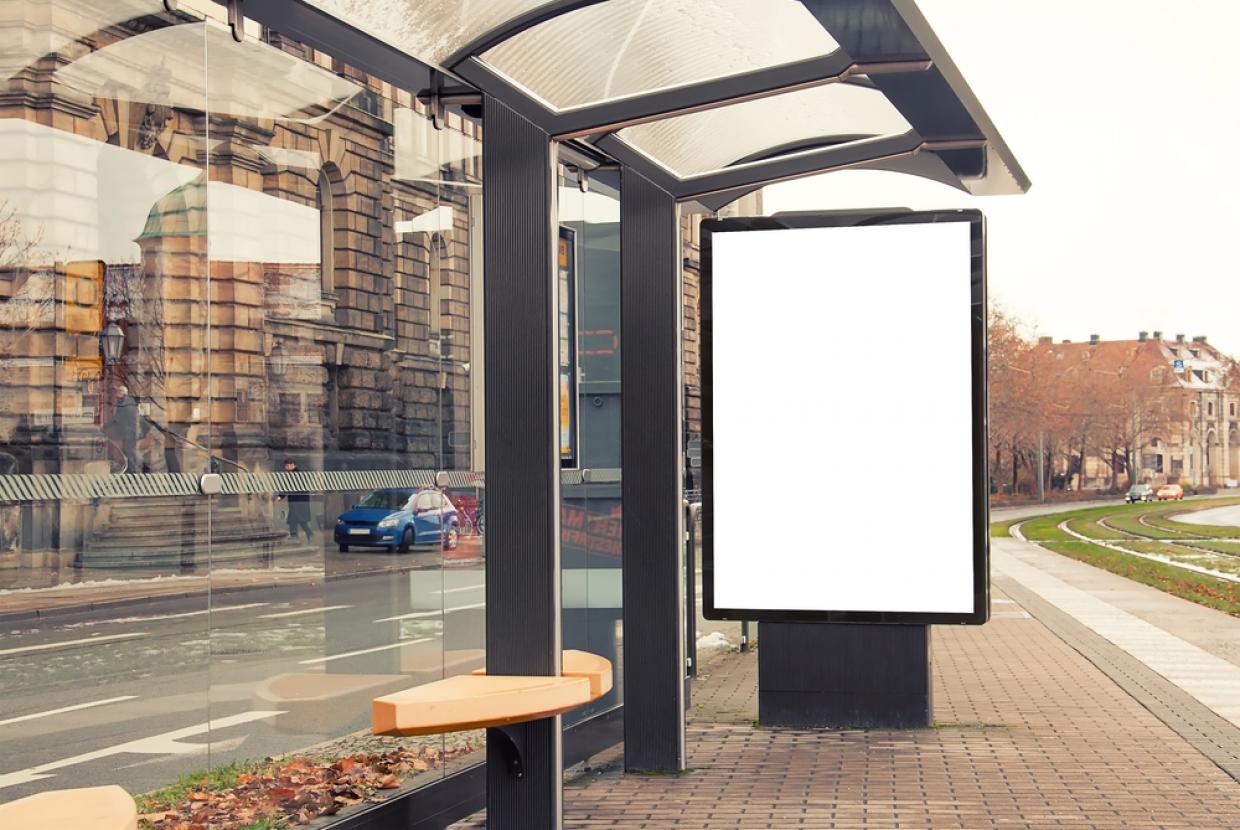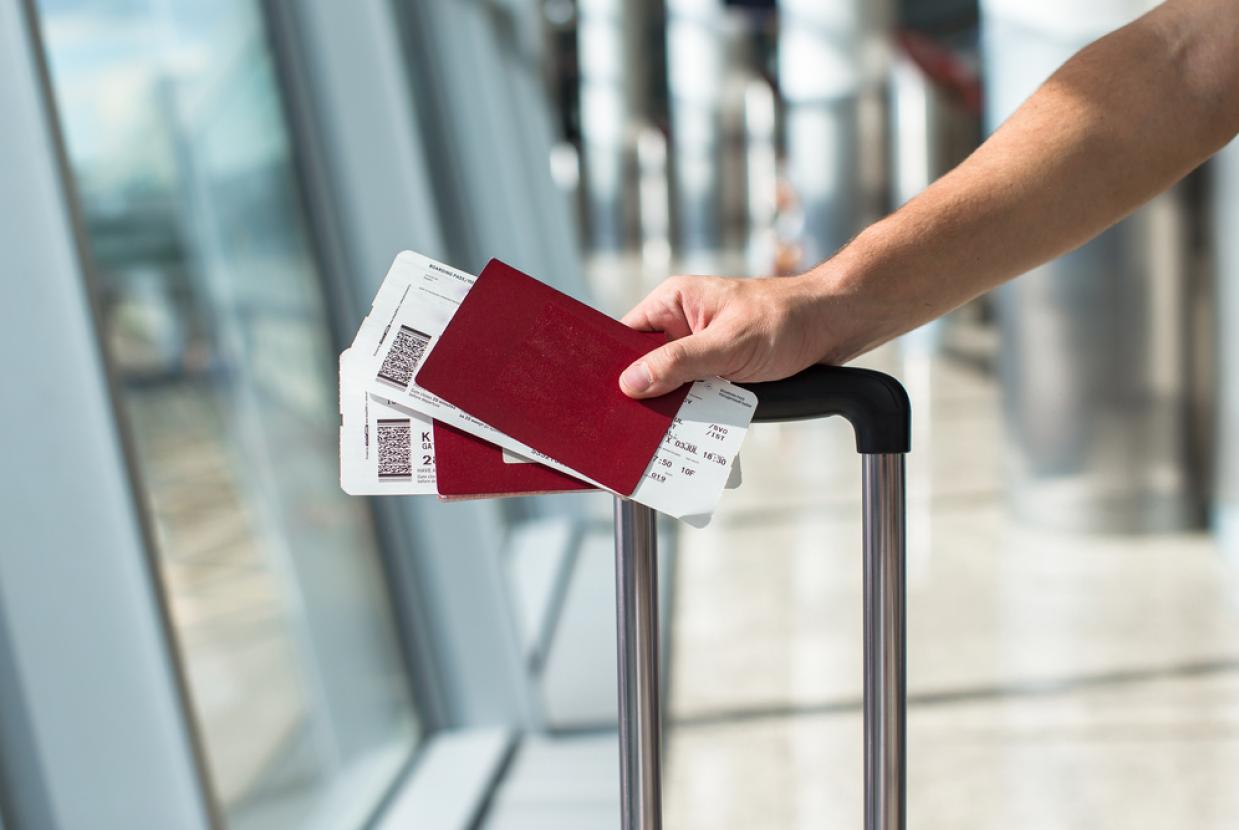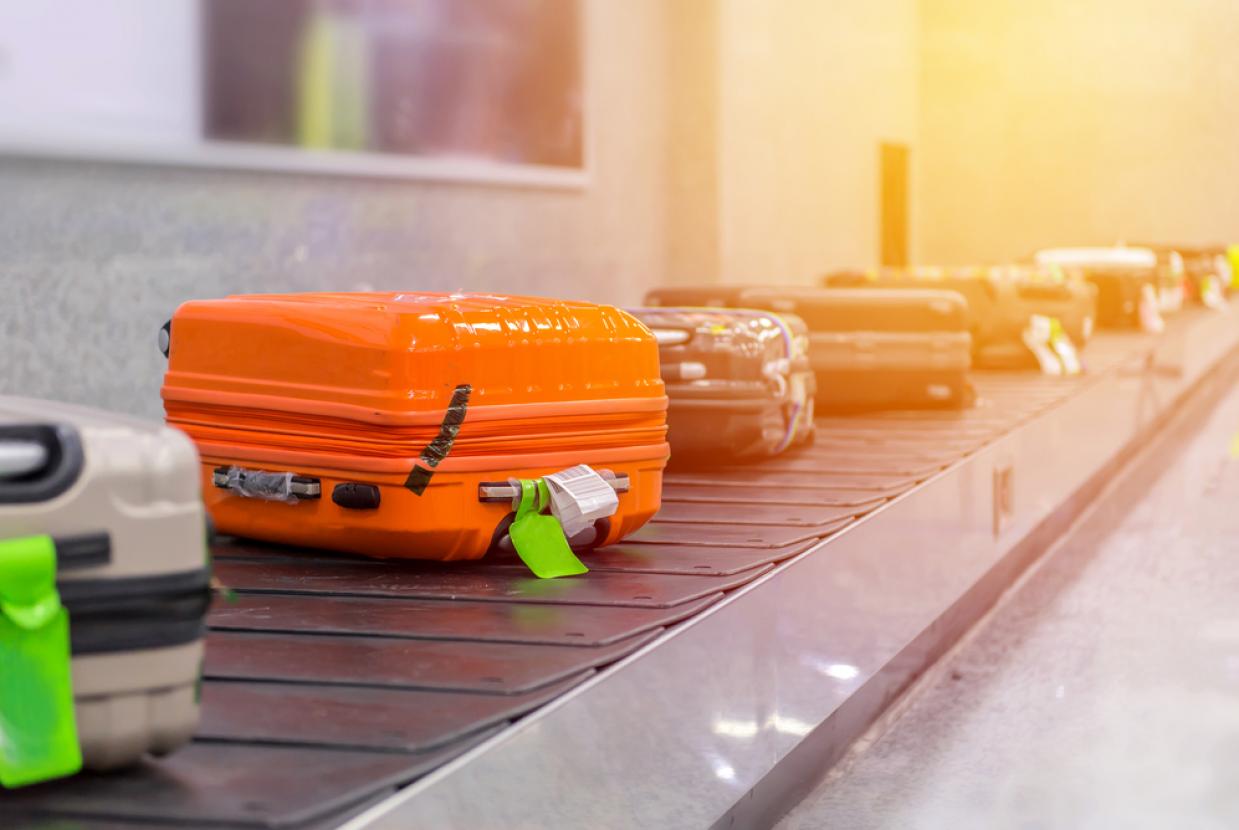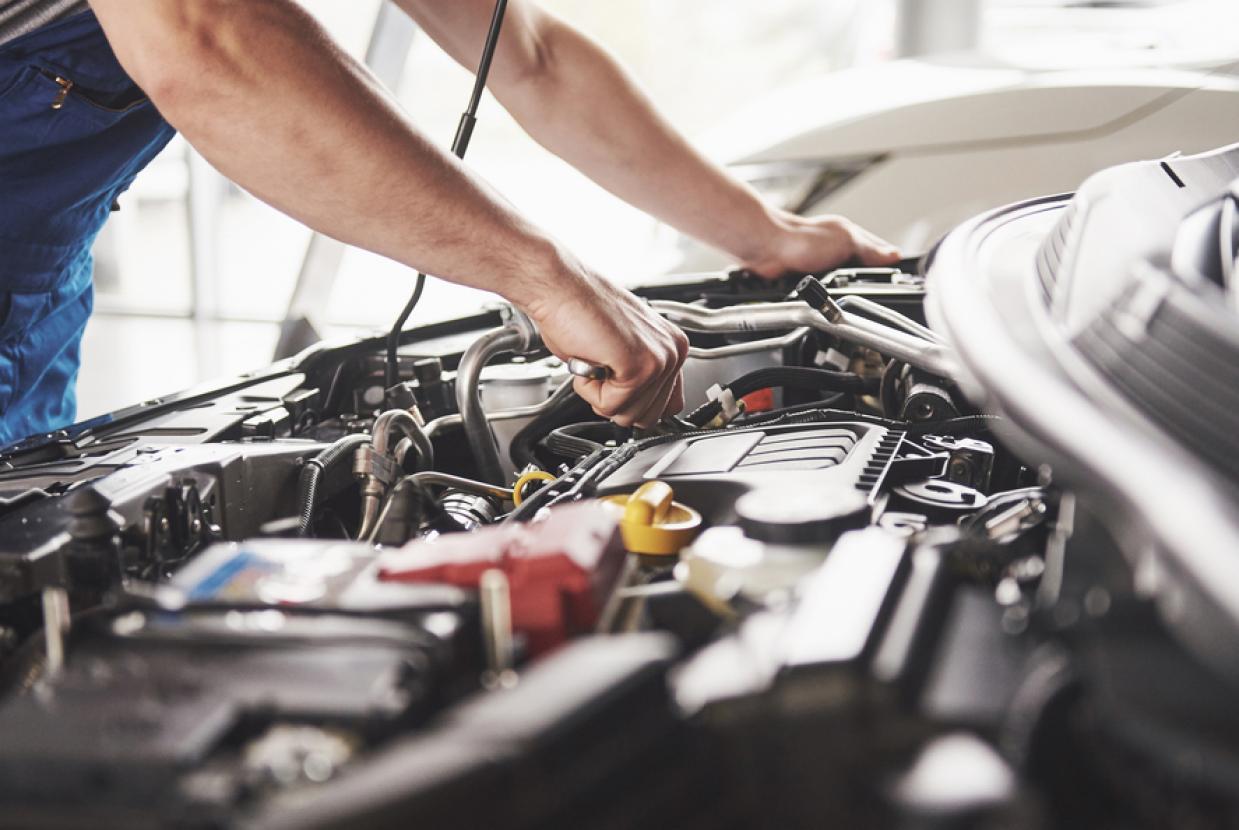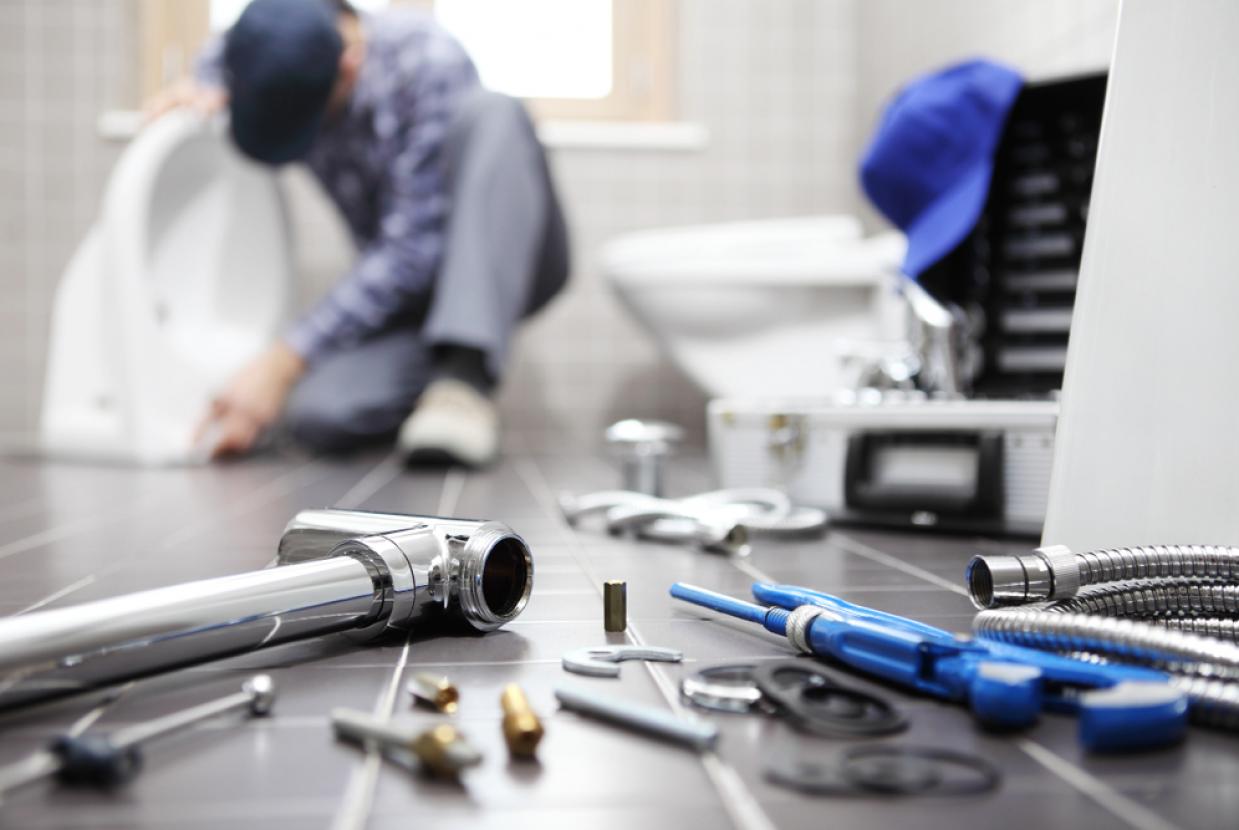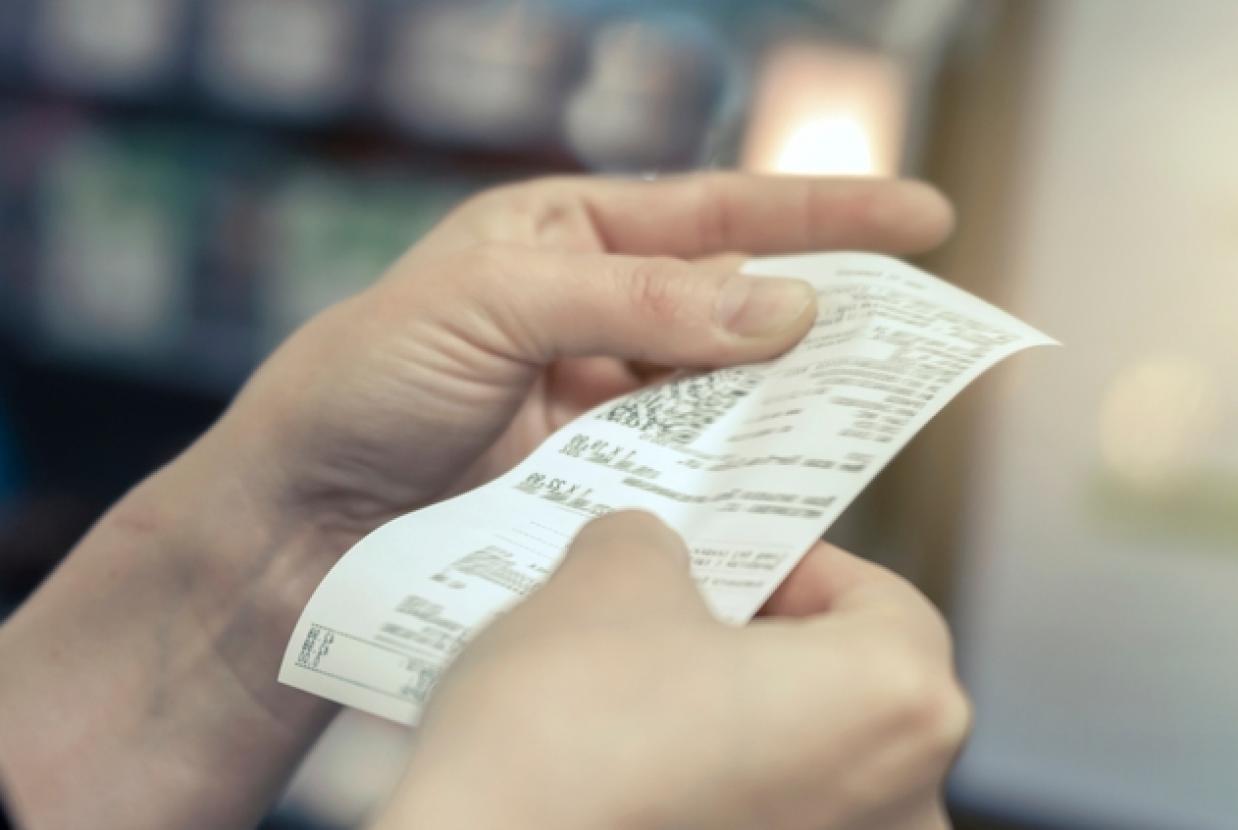Buying A Car
For most people, it is expensive to buy a car. Most garage dealers and traders are honest. But some are not and you need to be careful before you buy.
What the law says
When you buy a car from a garage dealer or trader, your consumer rights are protected in law. The car must be as described, of satisfactory quality and fit for any stated purpose.
If you buy at an auction you don't have the same rights if the cars are 'sold as seen'. Check the auction's conditions of sale before you buy. These conditions must be displayed prominently at the auction or in the catalogue.
Tips before buying a used car
Check the car’s history. A comprehensive check from a vehicle checking company will tell you if the car:
- is stolen
- is written off by an insurance company
- has finance still owing
- is at risk of being sold illegally
- has mileage discrepancies
Checking the vehicle's mileage
A good quality vehicle history check should include a mileage check. Get an accurate mileage reading and see if the check flags anything that needs investigating further.
You can also check the mileage by reviewing the service and MOT records. Contact the servicing garages to verify the mileages they recorded during servicing.
The V5 logbook will also have the previous owner's details. Contact them to find out the mileage when they sold it, and see if that fits into the mileage patterns for the vehicle. A reduced mileage inflates the value of the vehicle, and is a safety risk as it could obscure the service intervals and work required at each interval.
Deciding to buy a used car
If you believe the vehicle history is genuine and want to buy:
- don’t pay in cash
- don’t rush into buying a car until you are 100 per cent sure
- buy from the registered owner’s address shown on the V5 logbook
- don’t pay less than 70 per cent of the average market value of a vehicle of the same make, age and condition
If the car develops a fault
If it is within 30 days since you bought the vehicle and you don’t believe it is of satisfactory quality, then you may be entitled to return it to the trader for a full refund. You will need to show that the vehicle was not of satisfactory quality at the time of sale.
You should be refunded within 14 days of the vehicle being returned to the trader and this should be by the same method that you paid. For example if you paid in cash then you should normally expect a cash refund.
If you bought the vehicle more than 30 days ago but less than six months, you must give the trader one opportunity to repair or replace the vehicle. Note, you cannot choose a replacement if a repair is a more reasonable remedy. They should repair or replace the vehicle within a reasonable period of time and without causing you any significant inconvenience.
If it is more than six months after you bought the vehicle, you can still seek compensation, but it’s up to you to prove that the fault existed at the time of delivery.
You don't have to return the vehicle to the seller, but if you don't. you must make it available for collection.
If the seller disputes your request for a full refund, you have to prove that the vehicle was not of satisfactory quality, fit for purpose or as described by the seller at the time of buying.
For example, if the seller disagrees with your claim that the vehicle has a serious fault, you may need to provide evidence such as an independent report from a garage showing that the vehicle was unsatisfactory at the time of sale to support your claim.
If your complaint is valid the seller must accept the vehicle back and provide a full refund. If this happens you can also claim for reasonable losses suffered, including the cost of any independent report you have paid for to prove your case.
Buying from a private seller
If you buy a used car from a private seller, you have fewer legal rights. Before you buy, make sure you:
- inspect the car and know what you are buying
- bring a car mechanic with you
- take a test drive if you have adequate insurance cover
For a fee, the RAC or the AA will examine the car for you. You can claim against the previous owner if they misrepresented the car’s age or mileage. You will not be able to claim where there are faults with the car.
Some car traders pose as private sellers. If you think this happened when you bought a used car, report your suspicions to Consumerline.
Mileage clocking
It is illegal to turn back a car’s mileage clock. Known as ‘clocking’, it gives a false, low mileage record to make the car more attractive and valuable.
Check the recorded mileage when you see the car’s service history. If you're buying from a garage car dealer or trader, ask to speak to the previous owner. If you find out later that your car has been clocked, contact Consumerline.
If you have a complaint about a car you bought
You should complain first to the person who sold you the car. If that doesn't work, and you bought your car from a garage or trader who is a member of a trade association, write to the Retail Motor Industry Federation, or to the Motor Ombudsman for complaints about cars still under a manufacturer's warranty.
Arbitration
Most trade associations have a code of practice which offers a low cost arbitration service. In arbitration an outsider investigates a dispute to decide who is right.
If you want to use arbitration, your garage or trader has to also agree. You will not get your fee back if you lose. The arbitrator's decision will be binding on both of you. This means that you cannot go to court later about the same dispute if you disagree with the arbitrator's decision.
Court action
If you can't resolve your complaint and didn’t use arbitration, you may need to take legal action. If the amount involved is not more than £5,000, you can take your case to the Small Claims Court. You don’t need a solicitor in the Small Claims Court. Contact Consumerline who can advise you how to apply.
For amounts over £5,000, you should ask a solicitor about taking court action.


